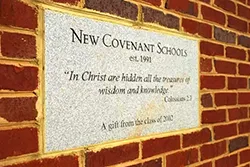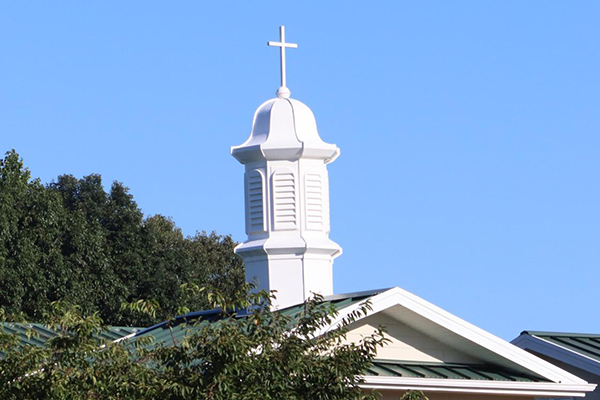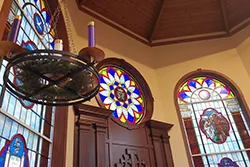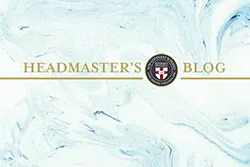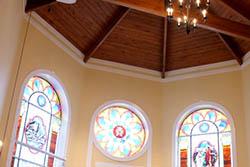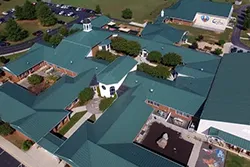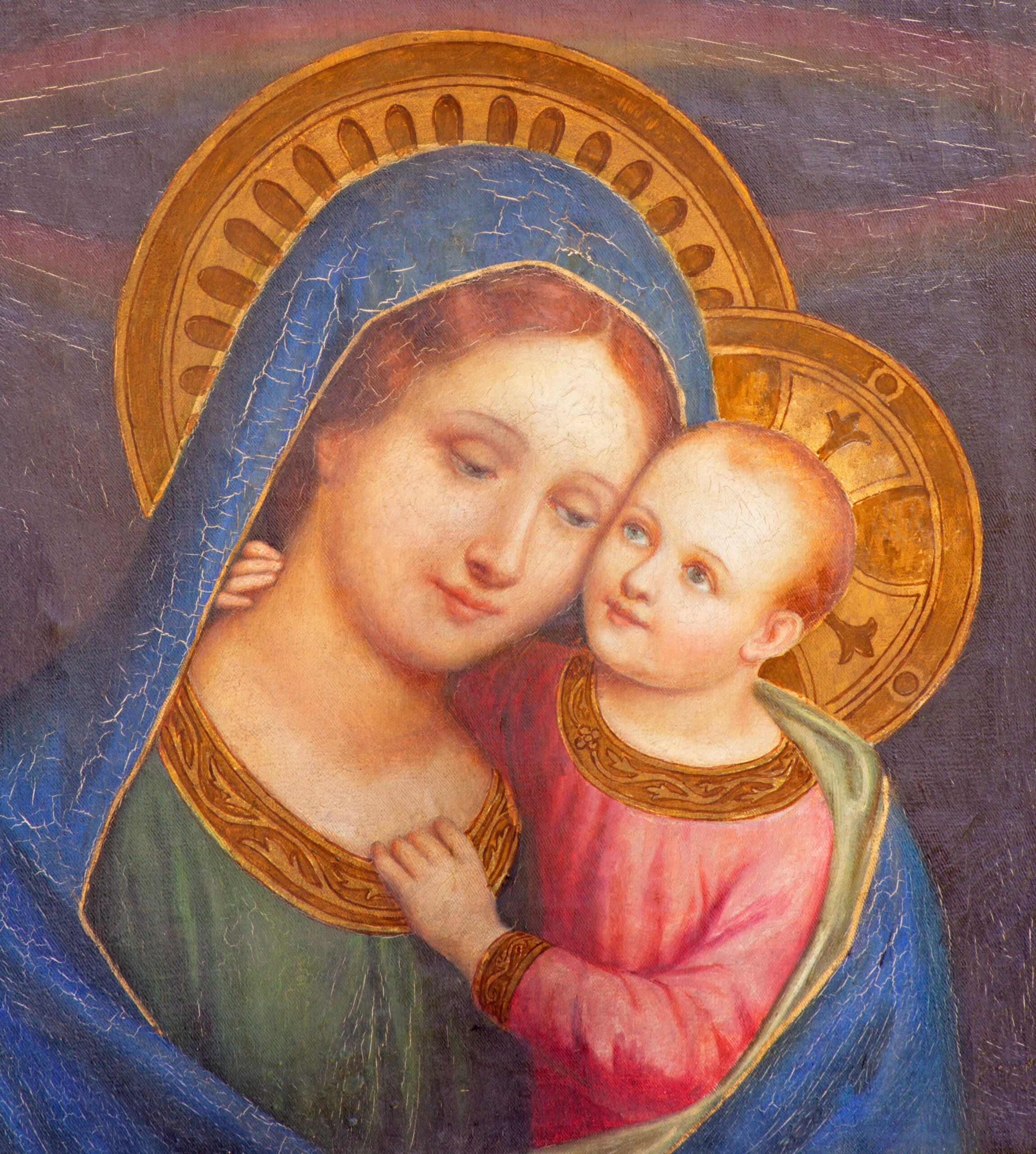Epistle: Hebrews 1:1-12
Gospel: St. John 1:1-14
Almighty God, who hast given us thy only-begotten Son to take our nature upon him, and as at this time to be born of a pure virgin; Grant that we being regenerate, and made thy children by adoption and grace, may daily be renewed by thy Holy Spirit; through the same our Lord Jesus Christ, who lives and reigns with thee and the same Spirit ever, one God, world without end. Amen.
Don’t put away those Christmas decorations yet. For those of you who started decorating before Thanksgiving, I know you’re ready to put it all away before New Year’s Day. Watching bowl games with Christmas decorations up somehow confuses the senses.
Here’s where we feel conflict with two calendars. The shopping calendar of corporate America started in November. The actual celebration of Christmas, however, begins on Christmas Eve and continues for twelve days. The former infuses all the energy of a festival into the time period before the festival actually starts! As I have written in the Advent blog posts here, here and here, most of December is a period of preparation and reflection for the great party that is the kingdom of God come to men.
Now that Christmas is actually here, we have about two weeks to think through what just happened. The Epistle and the Gospel above, record the historical fact of Messiah’s appearing, but also offer deep interpretive commentary. Take the phrase, “the last days” which occurs in Hebrews 1:2. Some Evangelical communions talk excitedly about the “Last Days,” how we’re living in them, and about the soon-return of Jesus, rapture, Armageddon, and such things.
The term “last days” is used five or six times in our English Bibles, depending upon the translation (Joel 2:28; Acts 2:17; 2 Tim 3:1; Heb. 1:2; James 5:3; 2 Peter 3:3). Recent interpreters often misunderstand these texts as somehow depicting the end of history and the end of all things. We don’t need to do that. The text from Hebrews is perhaps the easiest clue, “God, who at various times and in various ways spoke in time past to the fathers by the prophets, has in these last days spoken to us by His Son, whom He has appointed heir of all things, through whom also He made the worlds.”
The “last days” do not refer to the end of the world, but to the end of the Old Covenant era. The “last days” of the old world were winding down because God was speaking to humanity in his fullest and final measure, not merely through his prophets, but directly through the revelation in his Son. The decades that elapsed after the birth, death and resurrection of Jesus were tumultuous times, as the old order, calcified as it was in Pharisaical Judaism, was coming to an end. The world in which the New Testament was written was a world in the “last days” of the Jewish mission as witnesses of Yahweh to the nations. With Christ, a new world was beginning as the Kingdom of God was being realized in human history, and the ancient promises to Abraham were now coming to pass for the salvation of the entire world, just as God had given them 2,000 years before Christ.


